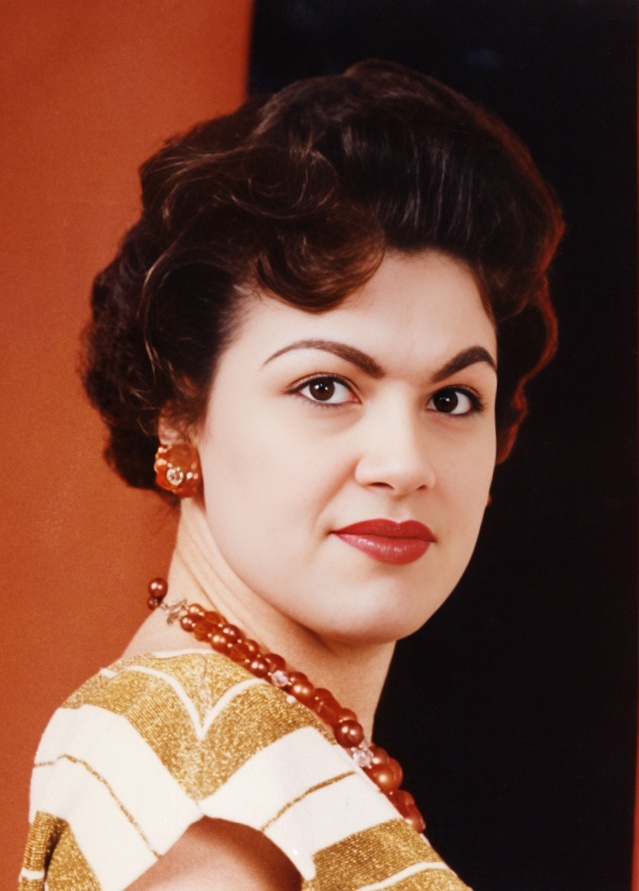
Patsy Cline, an icon of country music, remains a pivotal figure in the genre’s history, renowned for her raw emotional delivery and groundbreaking success in a male-dominated industry. Born Virginia Patterson Hensley, Cline rose to fame in the late 1950s and early 1960s, tragically cutting her career short with her untimely death in a plane crash in 1963. Throughout her career, she achieved numerous chart-topping hits and posthumously received countless awards and accolades, including induction into the Country Music Hall of Fame in 1973. She left behind a legacy of unforgettable songs that continue to resonate with audiences worldwide.
Among these timeless classics is “Lovesick Blues,” a song that perfectly encapsulates Cline’s signature blend of vulnerability and strength. While technically a cover, Cline’s interpretation of the Hank Williams’ classic is distinctly her own, adding a layer of melancholic depth to the already heartbreaking lyrics. The song’s core meaning centers on the agonizing pangs of unrequited love, the despair of a lost romance, and the utter loneliness that accompanies a broken heart. Cline’s voice, filled with a palpable ache, perfectly captures the profound sadness and yearning inherent in the song’s narrative.
Audience reception to Cline’s “Lovesick Blues” has consistently been positive, praised for its emotional authenticity and Cline’s masterful vocal performance. Many listeners identify with the universal themes of heartbreak and longing, finding solace and understanding in Cline’s vulnerable portrayal of emotional pain. Critics have lauded her ability to transform a classic country tune into a deeply personal and moving experience. Even decades after its release, “Lovesick Blues” remains a staple on country radio stations and continues to connect with new generations of listeners, solidifying Patsy Cline’s enduring influence and the song’s timeless appeal.